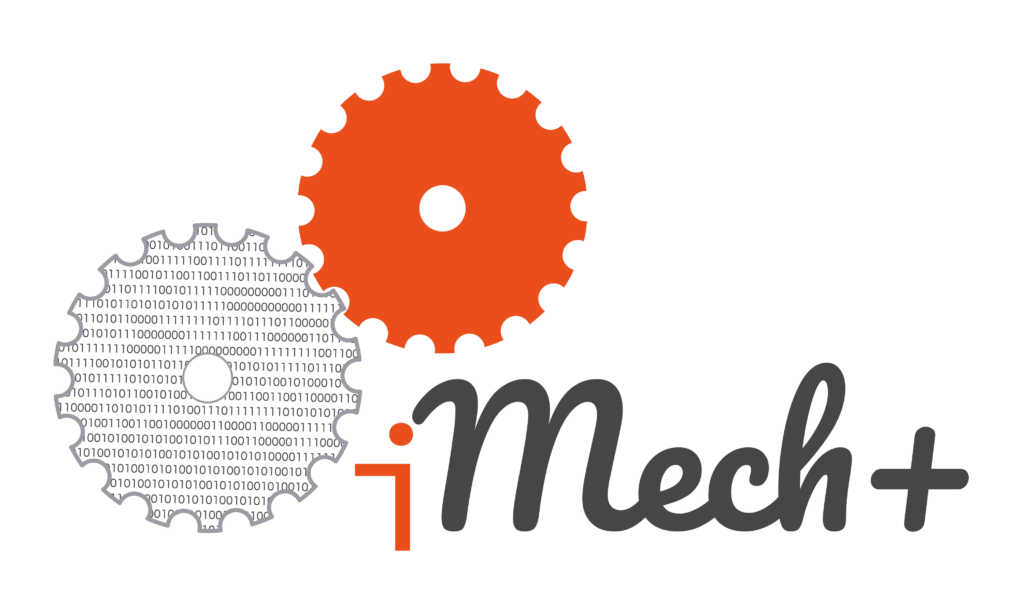Results
1. Collection of good practices
The first project result is the collection of all the good practices exchanged during the project on the three thematic areas: 1) Teaching methodologies applied to the subject related to Industry 4.0 (mechanics mechatronics, automation, robotics etc.), including those addressing the theme of sustainability 2) Teaching methodologies to foster the inclusion of students with fewer opportunities 3) Transnational activities carried out to foster the international dimension of VET schools. Every practice has been described in a standard template developed by the partnership that provides information to facilitate the transferrability in other schools (e.g. required material, number of students involved, expected learning outcomes, step-by-step instruction to implement the practice, links to extra materials etc.).
2. Training methodology
This project result consists of a set of modules for training teachers and updating their skills and current methodologies to: deliver classes in technical subjects mechanics and mechatronics that are interesting and appealing for students; make students with fewer opportunities more included and provide them with key competences that might positively affect their personal development; introduce or improve the international dimension to their lessons in order to make students more interested and motivated in learning thanks to the interaction with other countries (e.g. physical, virtual and blended mobility). The training modules have been tested during the three training seminars implemented in iMech+.
3. E-Learning on internationalisation strategies
The third Project Result is dedicated to provide VET teachers with an online training course explaining the different activities that can be organised at transnational level. The online training course has been developed on the online platform Moodle, it is be an online self-paced E-Learning based on the practices exchanged on internationalisation strategies. The training modules are based on the different methodologies and tools used by project partners to offer local students training activities that enable the acquisition of key competences, typically generated by learning mobility experiences.
Fill in this form to have the credentials and instructions on how to access the E-Learning.

